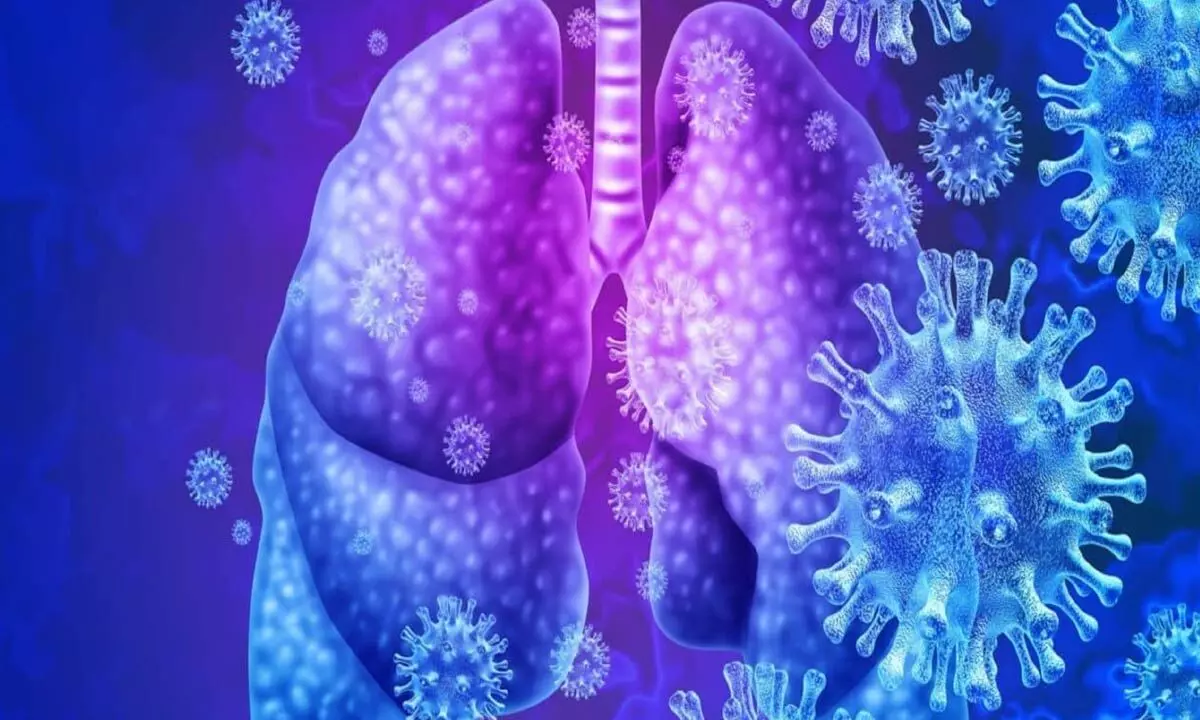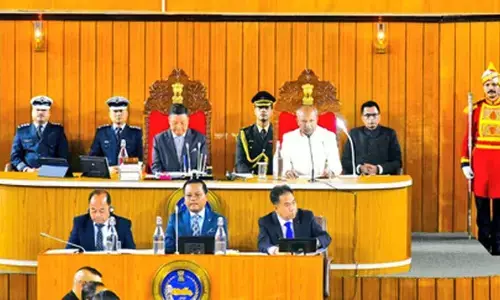Covid infections may be more common than thought, says study

A high proportion of COVID-19 infections in the general population lead to persistent infections lasting a month or more, according to a study.
New Delhi: A high proportion of COVID-19 infections in the general population lead to persistent infections lasting a month or more, according to a study.
It has long been thought that prolonged COVID-19 infections in immunocompromised individuals may have been the source of the multiple new variants that arose during the pandemic and seeded successive waves of infection, the researchers said. However, until now, the prevalence of persistent S-CoV-2 infections in the general population and how the virus evolves in these situations remained unknown, they said.
The study, published in the journal Nature, used data from the UK Office for National Statistics COVID-19 Infection Survey (ONS-CIS), which tested participants monthly. Of the over 90,000 participants, 3,603 provided two or more Covid positive samples between November 2020 and August 2022. Of these, 381 individuals tested positive for the same variant over a period of a month or longer. Within this group, 54 individuals had a persistent infection lasting at least two months.
"Our observations highlight the continuing importance of community-based genomic surveillance both to monitor the emergence and spread of new variants, but also to gain a fundamental understanding of the natural history and evolution of novel pathogens and their clinical implications for patients," said study co-lead author, Mahan Ghafari from the University of Oxford, UK. The researchers estimate that between one in a thousand to one in 200 of all infections may become persistent, and last for at least 60 days. In some cases, individuals remained infected with viral variants that had gone extinct in the general population, they said.
In contrast, the researchers found that re-infection with the same variant was very rare, likely due to the host developing immunity to that variant and the strain reducing in frequency to very low levels after a few months. Of the 381 persistent infections, 65 had three or more PCR tests taken over the course of their infection. Most (82 per cent) of these individuals demonstrated rebounding viral dynamics, experiencing high, then low, then high viral load dynamics.
According to the researchers, this demonstrates that the virus can maintain the ability to actively replicate during prolonged infections. In the study, people with persistent infections were 55 per cent more likely to report having Long COVID symptoms more than 12 weeks since the start of the infection than people with more typical infections.
Certain individuals showed an extremely high number of mutations, including the ones that define new coronavirus variants, alter target sites for monoclonal antibodies, and introduce changes to the coronavirus spike protein, which the virus uses to enter and infect human cells. However, most individuals did not harbour a large number of mutations, suggesting that not every persistent infection will be a potential source for new concerning variants.
"Although the link between viral persistence and Long Covid may not be causal, these results suggest persistent infections could be contributing to the pathophysiology of Long Covid," said study co-lead author Katrina Lythgoe from the University of Oxford. "Indeed, many other possible mechanisms have been suggested to contribute to Long Covid including inflammation, organ damage, and microthrombosis," Lythgoe added.











